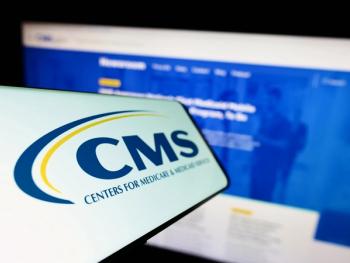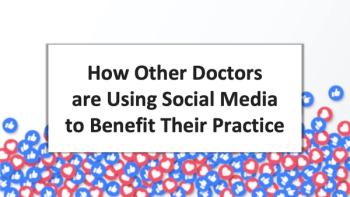
Worker shortage and changing dynamics mean both employers and employees need to adjust expectations
Todd Shryock is managing editor of Medical Economics.

Worker shortage and changing dynamics mean both employers and employees need to adjust expectations

Social media platform used for self-diagnosis varies by generation.

Discovery may explain why some tested positive but had no symptoms


Health care continues to be a top target for hackers

Proposed 2024 Medicare Physician Fee Schedule is another blow to physician revenue

Total number of deals and total revenue both return to pre-pandemic norms

Lists administrative actions that can be taken now to better regulate private equity’s influence

The latest in health care technology news

Receptionists are facing serious workplace safety concerns and need training to cope

Research findings on how medical practices use social media may come as a surprise to many.

Study shows that patients seeking treatment in hospital outpatient departments are paying substantially more for biosimilars than they would have at a physician’s office.

Survey shows that proximity and convenience are driving patient health care decisions

Do people believe that AI can improve care and reduce costs?

Pre-pandemic levels still prove elusive as hospitals look for new strategies

Report shows that health care employees are struggling thanks to poor company policies and training content.

The latest health care technology news.

Study finds doctors more likely to listen to patient preferences if they are white and make at least $75,000 a year

Many medical professionals see an industry in crisis with no solutions in sight

Report shows that despite many obstacles, health care deals are still being pursued by investors

The latest health care technology news

Health care sector employees tend to have very poor passwords, study finds

Study identifies gene variant that causes a type of hypertension and a cure for it


More than 200 nursing organizations send letter to congress supporting the bill

Study finds mounting costs and confusing billing statements are taking a toll on Americans' health

Profits and cash reserves increased, but charity care stagnant


Understanding the generational differences in password habits can help secure your practice

Health care continues to be a top target for hackers, and IT professionals may overestimate their abilities to prevent attacks from happening.